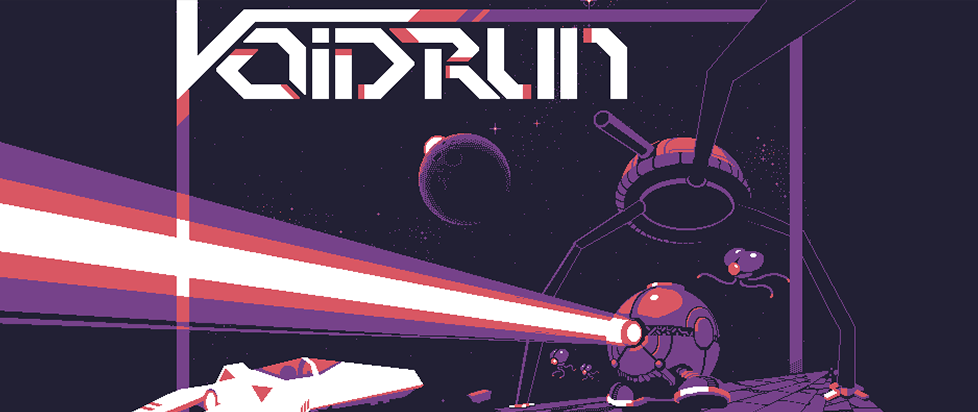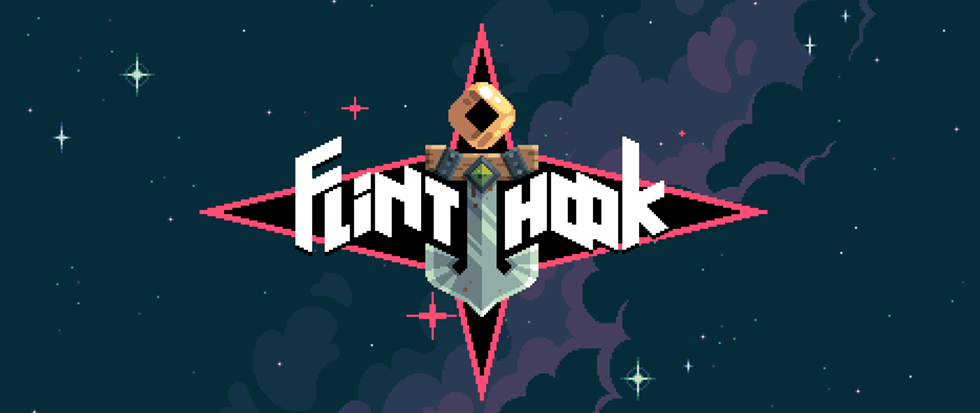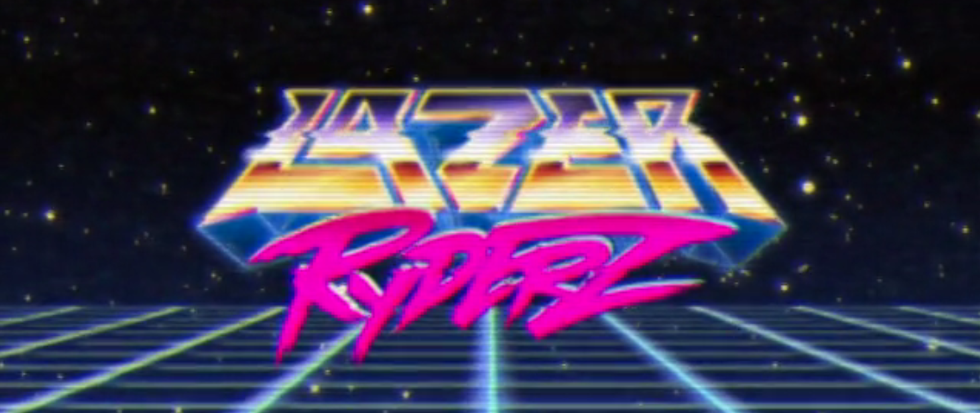
Running the Void Beyond Bitmaps and Chiptunes
A lot of these reissues, remakes, and retro-inspired videogames of late have lost sight of scanlines. I’m not digging up some untold truth, there are emulators and old school grab bags like Mega Man X Legacy Collection dedicated to adding visual filters to better replicate the CRT television conditions in which these old titles were played—though most have forgotten in the rush through time. A lot of backward looking creators, having honed their craft in an age of ever-increasing fidelity and pixels-per-inch, can’t reach back to the full contextual experience of standard definition on a 480p screen, before such designations even existed.
It was an age where pixels were meant to be softened, to chug along under a vaseline layer of nearsightedness that spackled the gaps between the sharp edges and made these computed worlds a little more organic. Adherence to a slavish perfection of pixel presentation is not the ideal takeaway from the dawn of videogames, especially when that devotion eschews other aspects of the ancient days of stuffing quarters and calloused thumbs. Arcades wanted your pocket change, and the games were mostly designed around maximum extraction of these coins, but there was a balance to this dance as well. Too much difficulty would turn around all but the most masochistic and independently wealthy patrons, and too little was the sign of something repulsively educational.
There’s plenty of miserable experiences on the NES, the Sega Master System, and definitely on the Ataris, so it’s not like old games were all polished emeralds. But the most apt retro-inspired indie games shine most brightly when they’re scrubbing with the total experiences from all of these previous iterations, beyond bitmaps and chiptunes, but really dialing into the dynamics of risk, reward, and learning as you play. They’re creating games that capture a feeling of discovery, the nostalgia of actually playing something like Super Contra for the first time, being blown away by the saturation of it all and clawing your way to the second stage, daring you to dream about hitting the third. This is the true meaning of retro, and Benjamin Soulé’s Voidrun expertly navigates limitation, inspiration, and curse-sputtering difficulty.
You’re an operative of the Mother, an all-devouring entity eager to consume the throngs of life teeming throughout the universe. In your drone ship you are outfitted with four randomized tools, which tweak your central method of consuming planets, astroids, and space-stations: by dropping balls in an effort to wrangle up these squirrel creates and obliterate them down to the atom. You don’t have a gun but they often have plenty, so there is no such thing as sanctuary. Instead you must release void orbs to control areas within each “arena,” each of which takes up a bit of space outside the borders of your screen. There are no hard barriers, so you’re always scrolling around the same relatively confined area, which becomes very tricky as all the creatures you’re trying to annihilate spray bullets, hop about, slither and stomp around, blast lasers, split apart into smaller enemies, and more.
As you carry along in the Classic mode, you are randomly assigned four planets/area types to choose from, and each have a baseline map of mostly flat ground. Some have lakes or holes that most enemies can’t traverse, and occasionally some plant life or plateaus that obscure your path. Each planet is fighting against their total destruction, with the very earth getting fighting against your attempts at total consumption. Controlling areas, zipping in and out of threatened spots, and wrapping your orbs around baddies like Luke in his snowspeeder are all crucial to surviving in these brutally twitchy colosseums.
Voidrun is not trying to hold your hand, nudging the player towards accepting the terms of the game, which boils down to a relatively constant lack of safety. Sometimes the earlier levels are a breeze but even then an errant bullet or surprise insect mine can tear apart your fragile vessel. Powerups give you more void balls to work with and your four abilities and totally adjust your style of play, but they’re shaken up between runs there’s no point in becoming depending on any particular setup. You better learn to take advantage of what’s been dealt.
Adventure mode does the best job of teaching you the particularities of this game, which is more than just trying to lasso chumps as quickly as you can. There’s always an early need to surveil for powerups, using your orbs to shield yourself against bullets, and then to corral enemies into the ideal position for you to wrap up the task. Sometimes the best method is to whip around as quickly as you can, as the frogs don’t stick around for long and the buzzsaws tend to rip up your lines. With the bigger bosses though, sometimes you just have to lay your balls out, either with a big ring to avoid those close-quarters shots or in an arc too wide for the rock worm to wiggle around, so you’re constantly looking to expand your inventory of orbs.
Soulé’s done an admirable job of honing in on the limitations that sent old games soaring. Voidrun is more than an adherence to visual aesthetics, though it does a lot with pixels and strict use of four color palettes throughout. The music and sound effects are also delicious in their crunchy, oscillating waves, and the gameplay loop would have me free of quarters at the bowling alley before my parents could get five frames in.
Not least of all, I’ve felt a burning desire to snap my controller in half, a frustration that I haven’t experience so intensely for a few decades. But more powerful than that was my sense that each failure brought new knowledge, an understanding that the failures were all mine, based on a dearth of patience, spatial awareness, or consideration of all my options. Voidrun teaches you while you scramble about, which is the true legacy of retro-gaming—all cards out, the player set adrift to decipher their meaning and apply the lessons learned with each death, all in service of the Mother of the Void and her celestial burden of universal liquidation.





